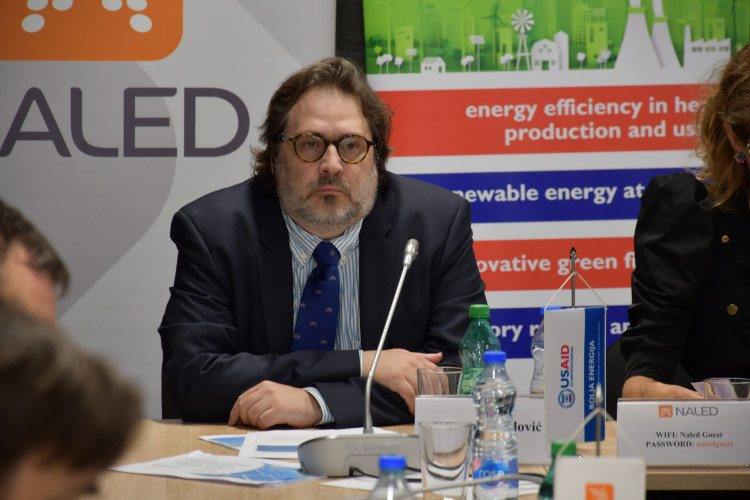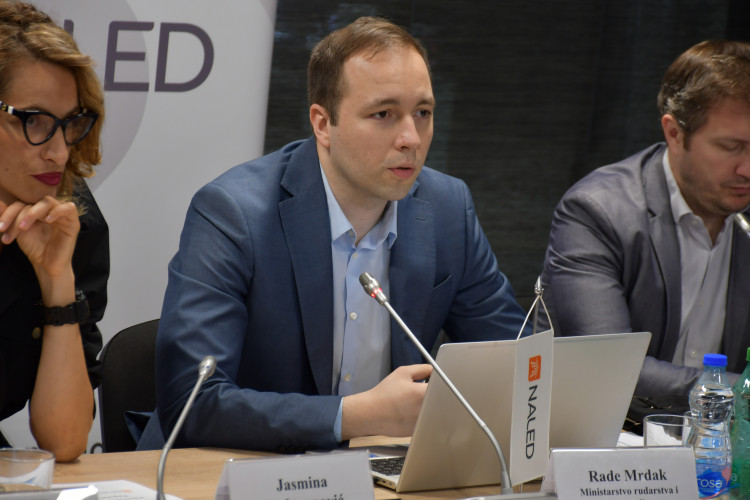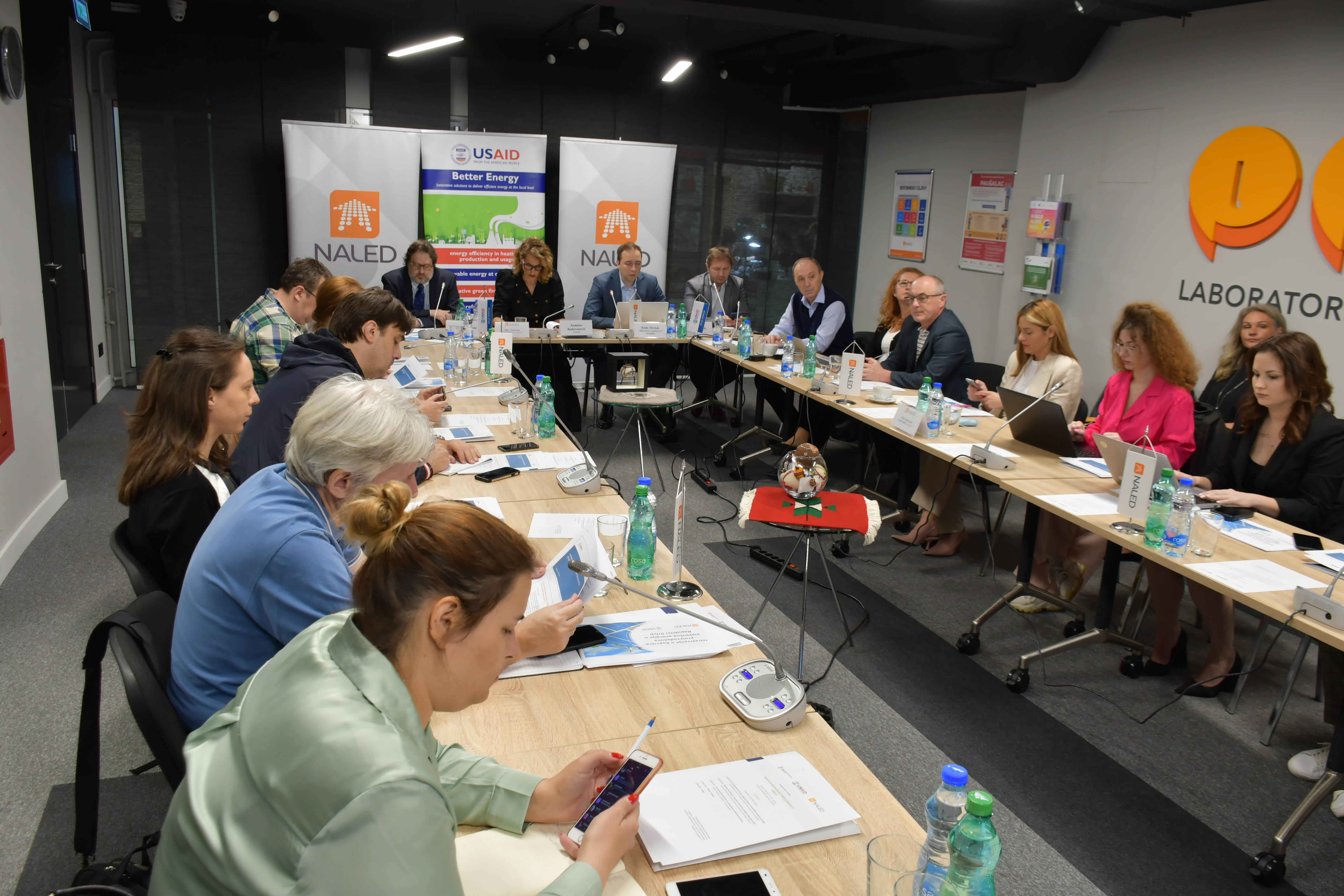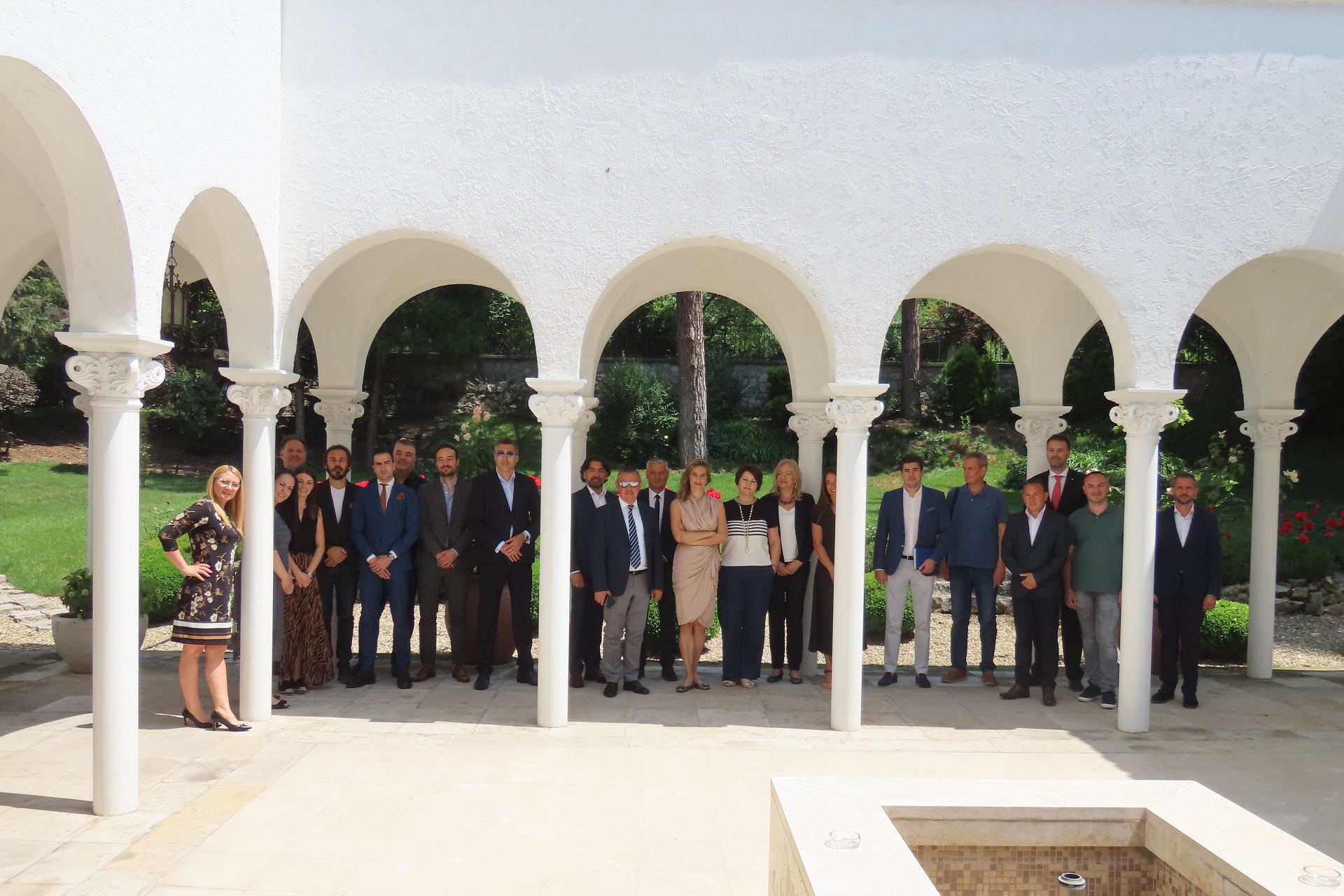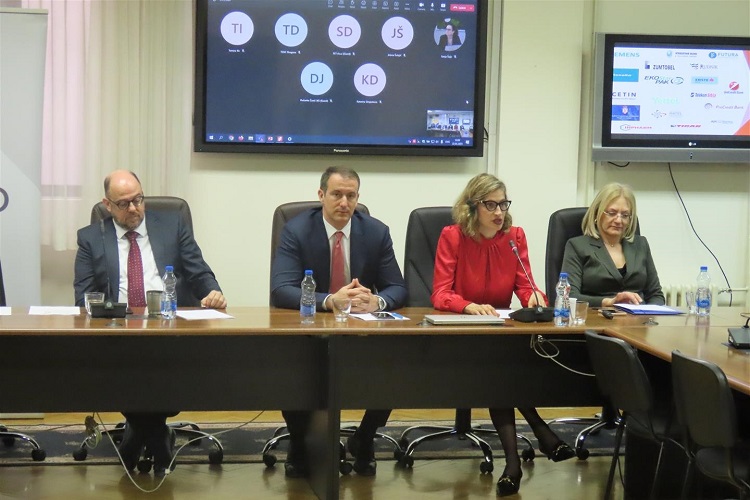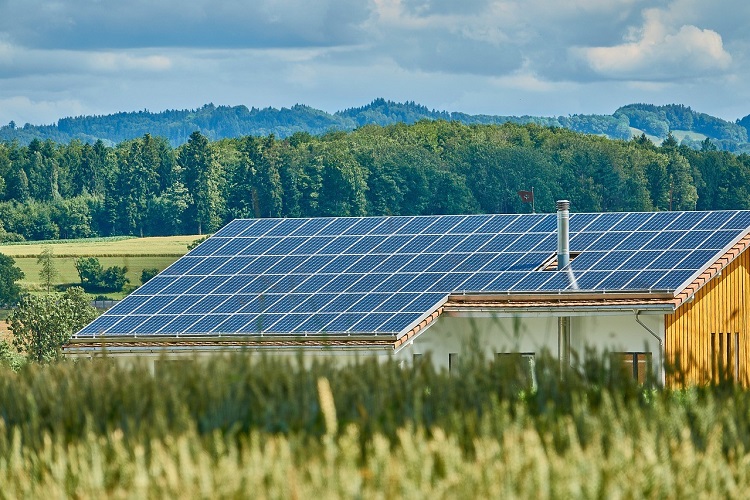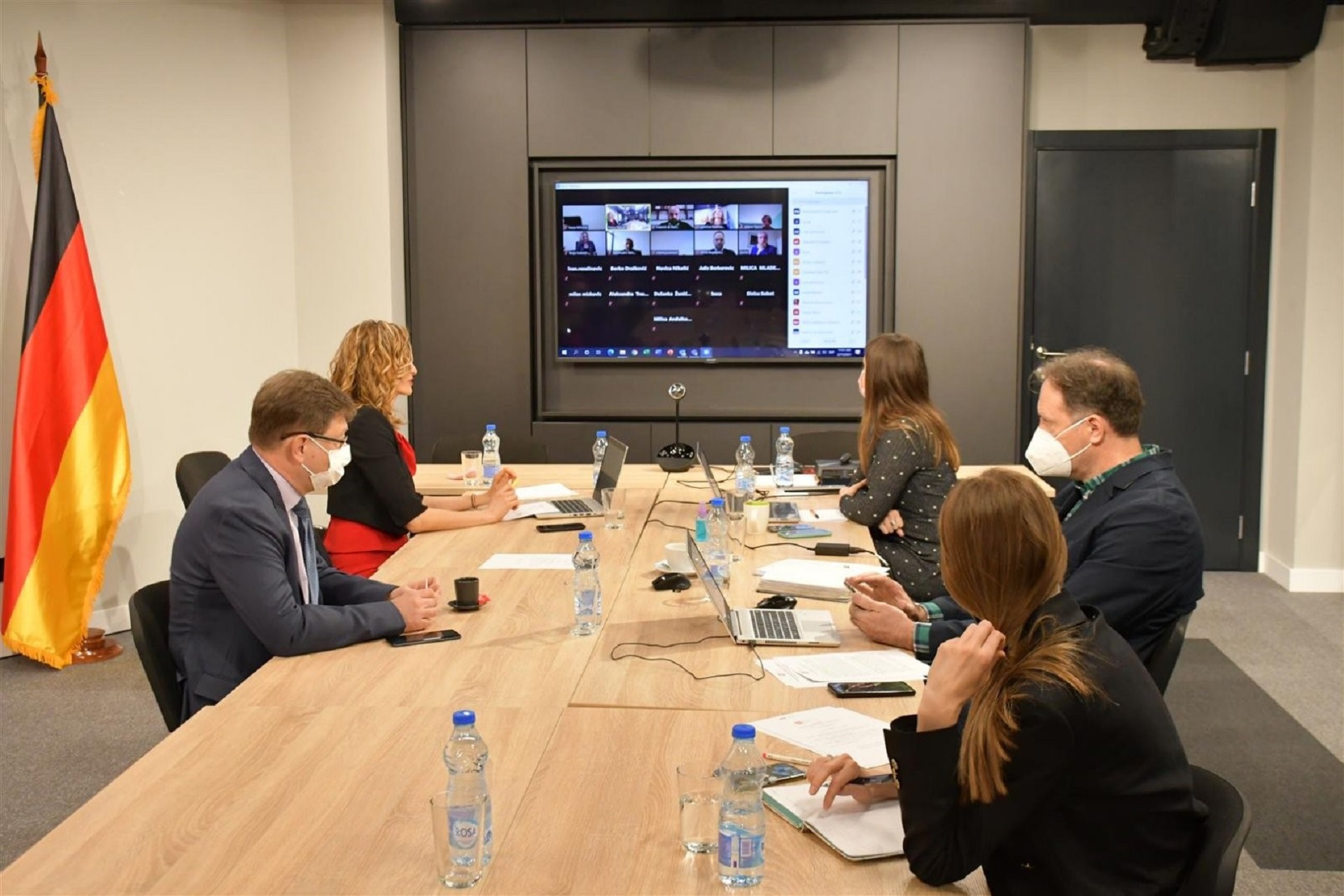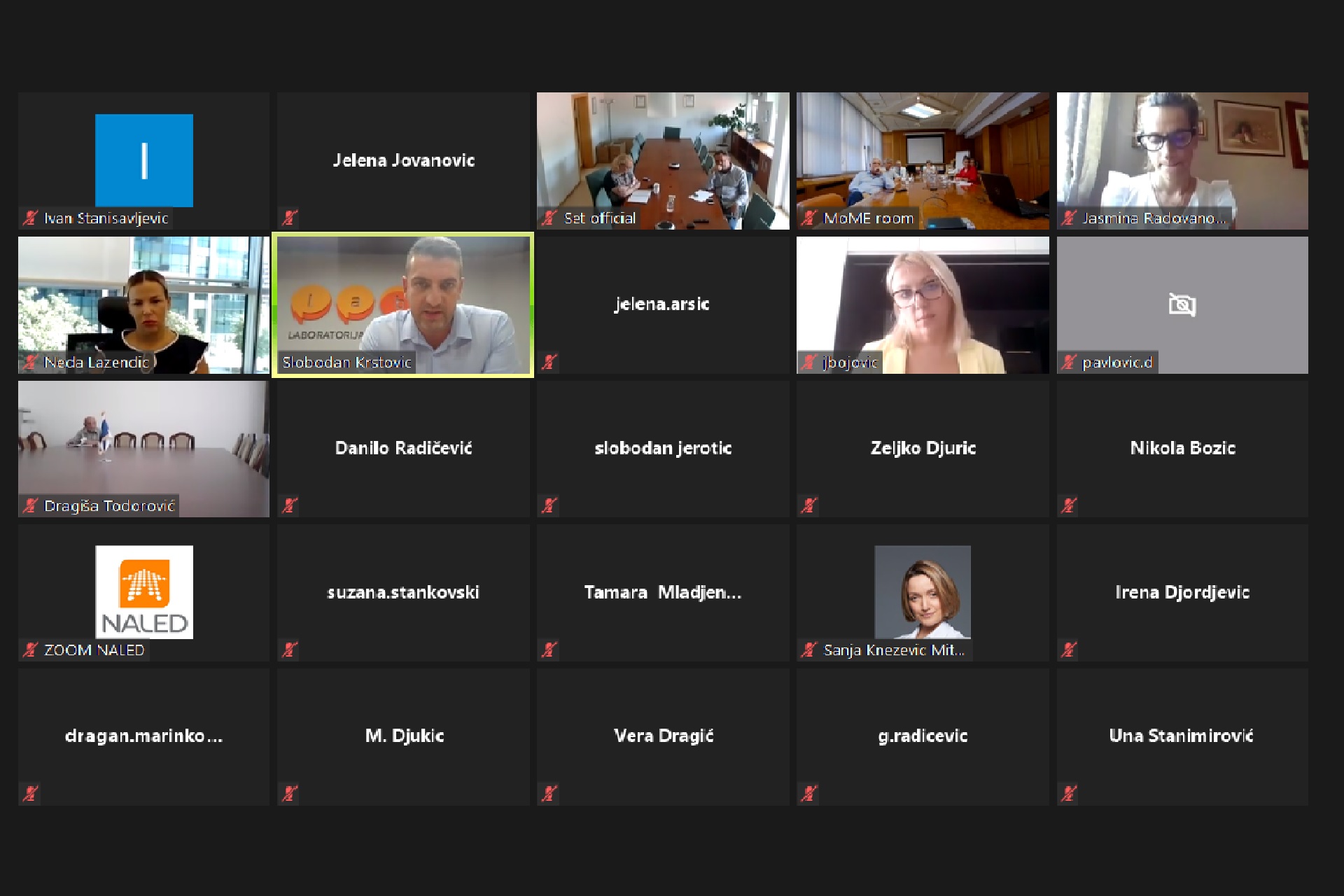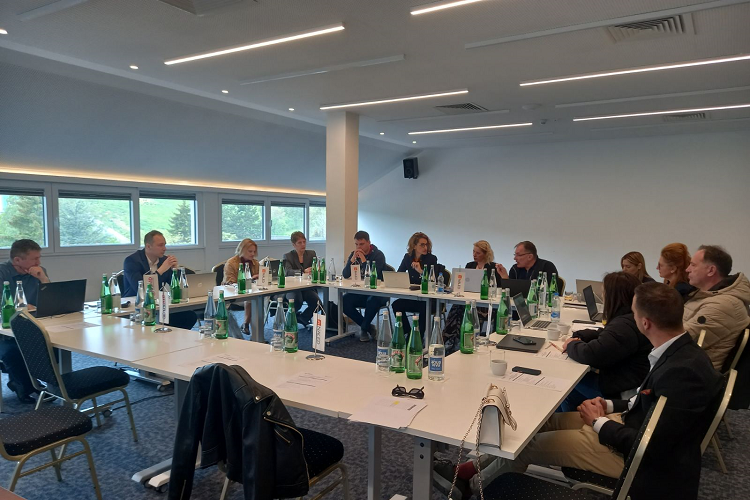Empowering Prosumers: Clearer Billing Practices Pave the Way for Improved Prosumer Position
A recent study conducted by NALED, with the support of the USAID project "Better Energy," sheds light on the optimistic outlook of citizens who invested in solar panels. Nearly three-quarters of these individuals anticipated a significant reduction of 40 to 100 percent in their electricity bills. Impressively, 78% of them financed the installation from their own pockets. However, despite the potential benefits, the survey reveals that half of the population is currently hesitant to invest in new capacities, primarily due to the unfavorable billing practices by the EPS (Electric Power Industry of Serbia).
NALED's research on prosumers, comprising its first comprehensive study in this domain, highlights key insights into the challenges faced by citizens who generate and consume electricity. The study underscores the need for harmonizing regulations related to tax and fee calculations and calls for transparent presentation of the factors determining monthly consumption. These recommendations align with NALED's proposed framework of 15 measures aimed at enhancing consumer rights and boosting investment profitability, which were unveiled to the public.
To improve the position of prosumers, it is crucial to establish a clear definition of consumed energy and specify that all duties should be calculated based on surplus energy drawn from the EPS, deducting any previously accumulated surpluses from the individual's own production. After recent amendments to the VAT Law resolved tax calculation issues, similar measures must be implemented to address excise duties and fees paid by consumers.
Among the key recommendations put forth is the adoption of measures that allow residential buildings to function as buyers-producers, even for those who do not own the power plants. Recognizing their significant potential, this approach would enable individuals to recover their investment through a unified payment system, such as infostan. Additionally, apartment owners, tenants, and potential lessees would have the opportunity to rent roof space for solar panel installation. These proposals were developed with the expertise of Professor Branko Radulović from the Faculty of Law.
The research also emphasizes the importance of providing specific incentives for investing in solar panels and establishing a predictable price ratio for electricity generated by prosumers and supplied to the grid. Ensuring a favorable return on investment, improving connection procedures to the electrical distribution network, and streamlining administrative processes are vital aspects of this endeavor. Survey respondents reported an average duration of four months for the construction and connection-related administrative procedures. They expressed a desire for electronic monitoring of requests and shortened deadlines for electricity distribution.
During the presentation of recently adopted amendments to the Law on the Use of Renewable Energy Sources, Rade Mrdak, Adviser to the Minister of Mining and Energy, highlighted the introduction of power restrictions for households (10.8 kW) and the economy (150 kW) concerning solar panel installations.
Mrdak clarified that the essence of the producer's customer definition lies in their continued status as ultimate electricity consumers. Prosumers, by providing surplus energy rather than selling it, receive reductions on their electricity bills. This benefit lasts for one year, and any remaining unused surplus is handed over to the supplier free of charge.
The research encompasses citizens in the planning stages of becoming prosumers. Jasmina Radovanović, Head of NALED's Unit for Property and Investments, revealed that only one in four individuals is familiar with the requirements for attaining the buyer-producer status. Approximately 60% of citizens expressed their willingness to invest in solar panels only if they receive incentives, while two-thirds of business owners are ready to fund the investment independently.
The adoption of solar panels by local governments presents a mixed picture, as revealed by the study. Alarmingly, every other city or municipality surveyed has yet to install solar panels on their buildings, and a significant 83% have not implemented solar power in their utilities and services. However, there is a notable enthusiasm for investment in solar energy among citizens and businesses, with as many as 85% of local governments receiving inquiries about solar panel installations.
Among the cities and municipalities that have embraced solar energy, 60% have financed installations, albeit predominantly limited to one to five projects per location. Encouragingly, 70% of local governments have expressed their commitment to supporting citizens in their medium-term plans for the installation of solar panels. This signifies a positive step toward a greener and more sustainable future.
The research, conducted as part of the "Encouraging the Production of Electricity from Own Sources and Improving the Position of Buyers-Producers" project, serves as the foundation for the development of recommendations. These recommendations aim to facilitate the wider adoption of renewable energy sources and enhance the position of buyers-producers in the energy market. The project is an integral component of the comprehensive USAID Better Energy initiative, which seeks to promote sustainable energy practices across the region.

